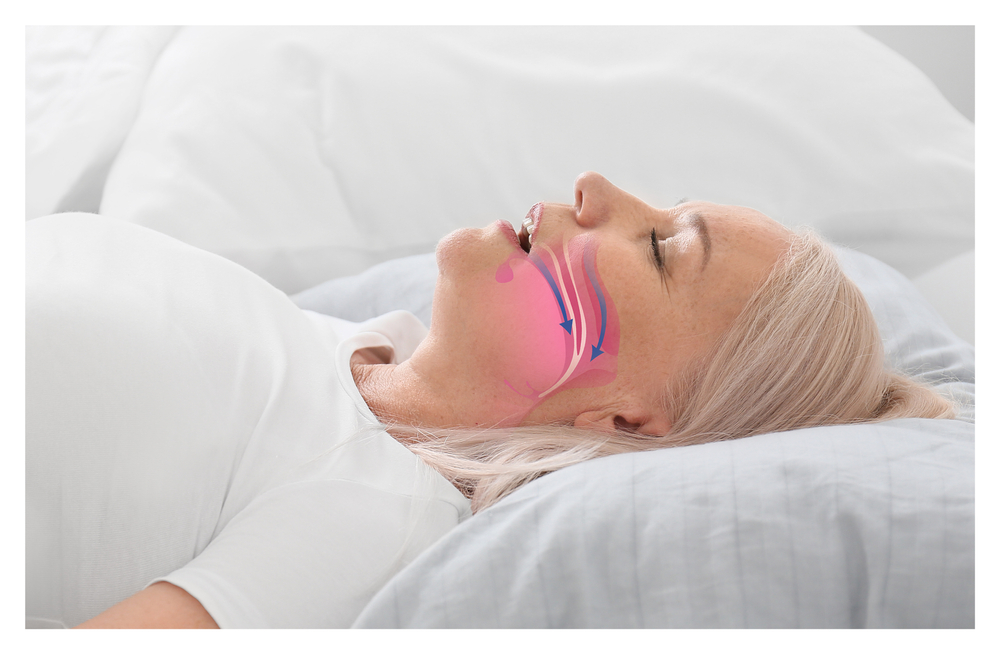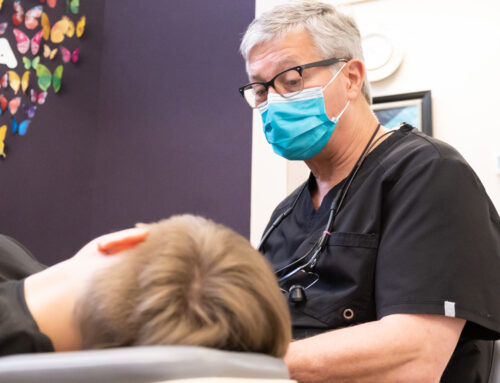Do you often wake up feeling exhausted despite having a full night’s sleep? Do you find yourself feeling groggy throughout the day, struggling to stay alert and focused? If so, you might be suffering from sleep apnea, a common but serious sleep disorder that can have severe implications on your overall health. At Ahava Orthodontics, Dr. Barron and his team are dedicated to not only creating beautiful smiles but also helping to improve your quality of life by addressing critical issues like sleep apnea.
Sleep apnea is a condition characterized by brief interruptions of breathing during sleep. It is a prevalent issue that affects millions of adults and children worldwide. Unfortunately, many people are unaware that they have this disorder, as the symptoms often go unnoticed or are mistaken for other health issues. This article aims to shed light on the causes, symptoms, and risks associated with sleep apnea to help you better understand this condition and take the necessary steps towards a healthier, more restful sleep.
Causes of Sleep Apnea
There are several factors that can contribute to the development of sleep apnea, including:
- Obesity: Being overweight increases the risk of developing sleep apnea because excess fat deposits in the throat can narrow the airway, making it harder to breathe.
- Age: Sleep apnea is more common in adults over the age of 40, although it can occur at any age.
- Family history: Having a family history of sleep apnea increases your risk of developing the condition.
- Alcohol and sedative use: Consuming alcohol or sedatives can relax the muscles in the throat, leading to airway obstruction.
- Smoking: Smokers are more likely to develop sleep apnea than non-smokers.
- Medical conditions: Certain medical conditions, such as hypertension, diabetes, and heart disorders, can increase the risk of developing sleep apnea.

Symptoms of Sleep Apnea
The symptoms of sleep apnea can vary from person to person, but common signs include:
- Loud snoring
- Gasping or choking during sleep
- Frequent awakenings during the night
- Daytime sleepiness or fatigue
- Morning headaches
- Difficulty concentrating
- Mood changes, such as irritability or depression
- Dry mouth or sore throat upon waking
It is important to note that not everyone who snores has sleep apnea, and not everyone with sleep apnea snores. If you experience any of these symptoms, it is crucial to seek professional help to determine the underlying cause.
Risks Associated with Untreated Sleep Apnea
Untreated sleep apnea can lead to several serious health complications, including:
- High blood pressure: The repeated awakenings during the night can lead to increased stress and blood pressure levels.
- Heart disease: Sleep apnea is associated with a higher risk of heart attack, stroke, and irregular heartbeat.
- Type 2 diabetes: Sleep apnea increases the risk of developing insulin resistance and type 2 diabetes.
- Weight gain: The fatigue associated with sleep apnea can lead to decreased physical activity and weight gain.
- Accidents: Daytime sleepiness can increase the risk of accidents while driving or operating machinery.
Visit Your Fort Worth Orthodontist that Treats Sleep Apnea
Sleep apnea is a common but serious sleep disorder that can have severe implications on your overall health. If you experience any of the symptoms associated with sleep apnea, it is crucial to seek professional help to determine the underlying cause and develop a personalized treatment plan. At Ahava Orthodontics, Dr. Barron and his team are dedicated to helping you achieve a healthier, more restful sleep. Contact us today to schedule a consultation and take the first step towards a better quality of life.




